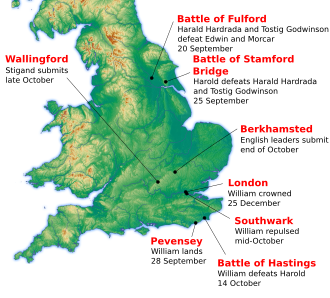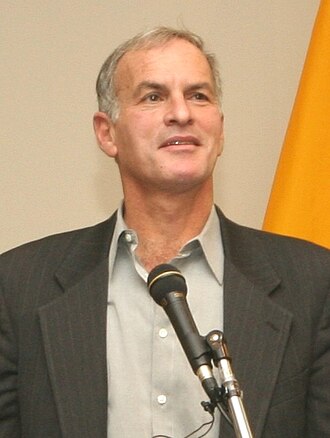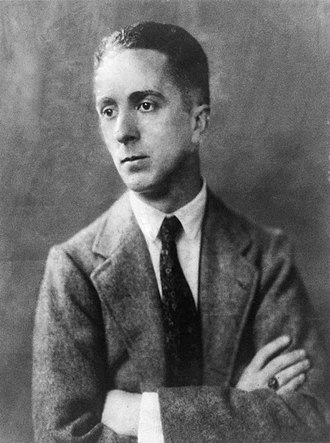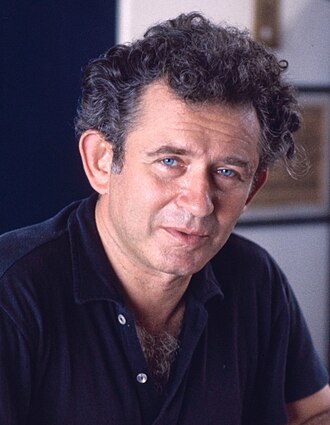Discover Your Roots
SIGN UPDiscover Your Roots
SIGN UPNorman is a male name of English origin, meaning "Man From the North." It is derived from the Old Norse name Norðmaðr, which refers to people from the north. The Normans were a group of people partly descended from Norse Vikings who settled in the territory of Normandy in France in the 9th and 10th centuries. The name Norman has historical significance, as it is associated with the Normans' conquest of southern Italy and their influence on various aspects of culture and society. Additionally, Norman has been used in various forms of arts and entertainment, businesses, and geographical locations, including towns, lakes, and even a crater on the Moon. Overall, Norman is a name steeped in history and cultural significance.

Norman Mark Reedus, born on January 6, 1969, is a well-known American actor, best known for his portrayal of Daryl Dixon in the hit AMC horror drama series The Walking Dead. His acting career took off in the 1990s with roles in successful box office films such as The Boondock Saints, 8MM, Blade II, and American Gangster. Reedus also hosts the AMC show Ride with Norman Reedus and has ventured into voice acting and motion capture, starring in the video game Death Stranding and its sequel. In addition to his acting career, Reedus has also dabbled in modeling, appearing in campaigns for various fashion designers, including Prada. He has also starred in music videos for renowned artists such as Lady Gaga, Marilyn Manson, and Radiohead. With his versatile talents and charismatic presence, Norman Reedus continues to captivate audiences with his performances on both the big and small screens.

The Norman Conquest, also known as the Conquest, was the 11th-century invasion and occupation of England by an army composed of Norman, French, Flemish, and Breton troops, led by the Duke of Normandy, later styled William the Conqueror. William's claim to the English throne stemmed from his familial relationship with the childless Anglo-Saxon King Edward the Confessor. Following Edward's death, a disputed succession ensued, with Harold Godwinson being elected king by the Witenagemot of England and crowned by the Archbishop of York, Ealdred. However, William and King Harald III of Norway, commonly known as Harald Hardrada, also contested the succession, leading to a series of conflicts culminating in the famous Battle of Hastings on 14 October 1066. This decisive battle resulted in William's victory and ascension to the English throne. The Norman Conquest had far-reaching consequences, including the confiscation of lands, the introduction of a dialect of French as the language of the elites, changes in the composition of the upper classes, and the formal elimination of slavery. Moreover, the Norman administrators adopted many forms of Anglo-Saxon government and introduced significant changes to the court, government, and village life. The Norman Conquest fundamentally reshaped the social, cultural, and political landscape of England, leaving a lasting imprint on its history.

Norman Gary Finkelstein, born on December 8, 1953, in New York City, is an American political scientist and activist known for his research on the politics of the Holocaust and the Israeli–Palestinian conflict. Raised by Jewish Holocaust-survivor parents, Finkelstein has a deep personal connection to the subjects he studies. He earned his Ph.D. in political science from Princeton University and has held faculty positions at several prestigious institutions. Finkelstein gained prominence with the publication of "The Holocaust Industry," in which he critically examines the exploitation of the Holocaust memory as an ideological weapon to shield Israel from criticism. He is a vocal critic of Israeli policy and its treatment of the Palestinian people, having been barred from entering Israel for ten years. Finkelstein's latest work, "Gaza: An Inquest into Its Martyrdom," published in 2018, continues his exploration of the Israel-Palestine conflict. His upbringing in Brooklyn, New York, and the influence of his Holocaust-survivor parents shaped his worldview and activism. Finkelstein's commitment to speaking out against injustice has been a consistent theme throughout his life, rooted in the moral outrage instilled by his mother's experiences during World War II. His academic journey and early experiences have deeply influenced his approach to the Israeli-Palestinian conflict, leading to his renowned work in the field.

Norman Percevel Rockwell, born on February 3, 1894, was a renowned American painter and illustrator best known for his cover illustrations for The Saturday Evening Post magazine, which captured everyday American life. Throughout his prolific career, Rockwell produced over 4,000 original works, many of which are now housed in public collections. He also had a 64-year relationship with the Boy Scouts of America, creating illustrations for their publication Boys' Life and their calendars, such as The Scoutmaster and A Guiding Hand. In addition to his iconic magazine covers, Rockwell was commissioned to illustrate over 40 books and to paint portraits of numerous notable figures, including several U.S. presidents and international leaders. While his work was initially dismissed by serious art critics, Rockwell's later pieces, such as The Problem We All Live With, which addressed the issue of school racial integration, garnered more attention and acclaim. This 1964 painting was even displayed in the White House during President Barack Obama's administration. Despite initial criticism, Rockwell's art continues to hold a significant place in American culture and art history.

Norman Kingsley Mailer, born on January 31, 1923, was a prolific American writer, journalist, and filmmaker. Over a career spanning six decades, he produced 11 best-selling books, one in each of the seven decades post-World War II. His novel "The Naked and the Dead" brought him early acclaim in 1948. Notably, his nonfiction novel "The Armies of the Night" won the Pulitzer Prize for nonfiction and the National Book Award in 1968. Mailer was known for his innovative approach to "creative nonfiction" and "New Journalism," a genre that employed the style and devices of literary fiction in factual journalism. In addition to his literary contributions, Mailer was a prominent cultural commentator and critic, often expressing controversial views. He co-founded The Village Voice in 1955 and ran an unsuccessful campaign for the mayor of New York in 1969. Mailer married six times and had nine children. His impact on American literature and journalism remains significant. Born in Long Branch, New Jersey, to a Jewish family, Mailer attended Harvard College and graduated with a Bachelor of Science with honors in 1943. His experiences in the U.S. Army during World War II greatly influenced his writing, with his time in the Philippines providing the foundation for his acclaimed novel "The Naked and the Dead." Throughout his life, Mailer wrote 12 novels, with "The Naked and the Dead" being the most celebrated
All images displayed on this page are sourced from Wikipedia or Wikimedia Commons.We use these images under their respective Creative Commons or public domain licenses. Wherever applicable, author attributions and license information are provided. If you believe an image is used incorrectly or outside its license terms, please contact us so that we can review and correct the issue.